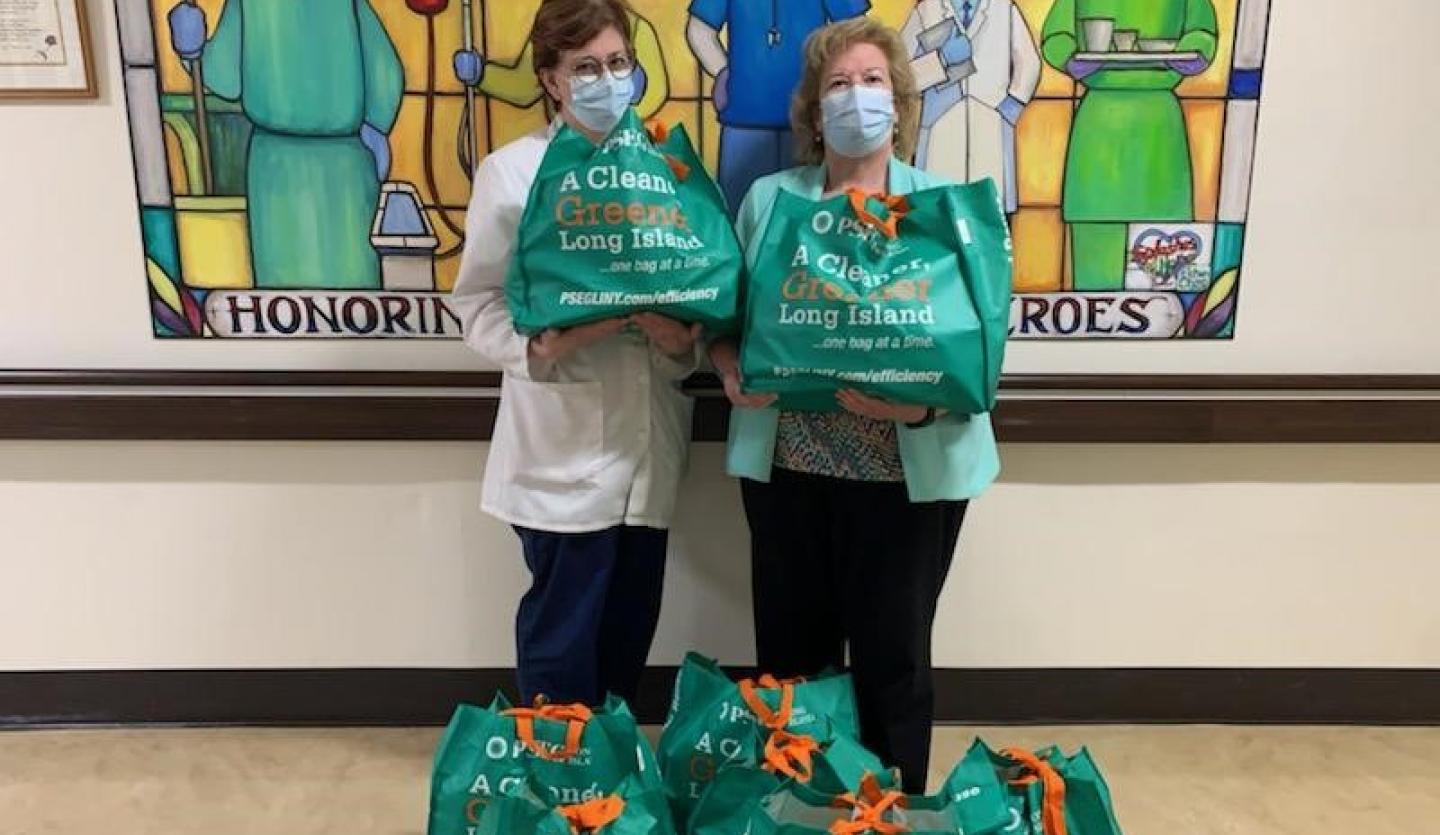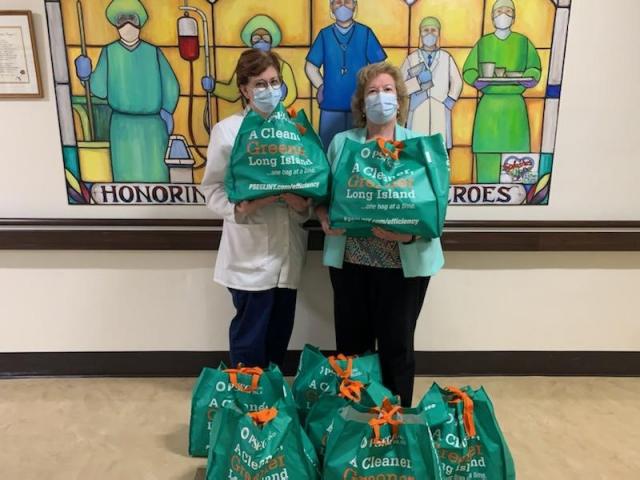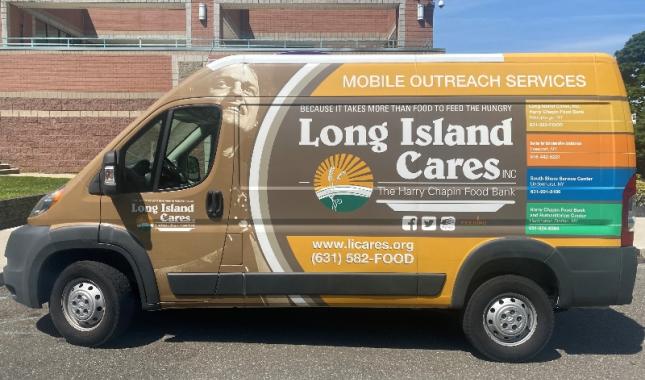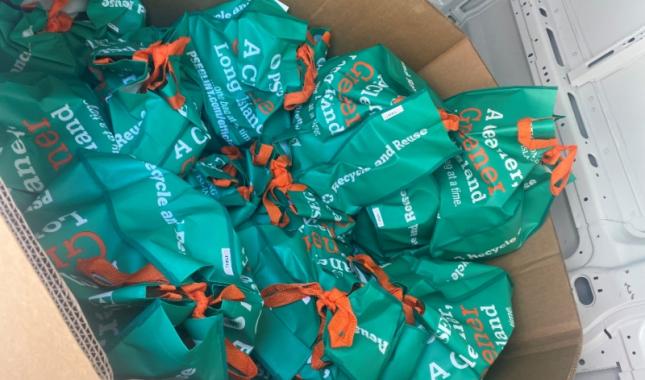Catholic Health is launching two new community partnerships this month as it continues to address the growing issue of food insecurity among Long Island residents.
Long Island Cares is providing Catholic Health emergency departments with food “to go” bags, which will be given to individuals identified through screening as being food insecure. All individuals/families who staff identify as food insecure (anywhere in the hospital) will receive a bag of food when they leave. Each will contain non-perishable food and contact information for Long Island Cares.
Catholic Health is also collaborating with Catholic Charities and Health and Welfare Council of Long Island to enroll individuals and families identified as food insecure in the Supplemental Nutrition Assistant Program (SNAP).
“These new initiatives are a continuation of our efforts to help those who need better access to healthy, nutritious food,” said Catholic Health President and Chief Executive Officer Patrick M. O’Shaughnessy, DO, MBA. “As food insecurity continues to increase on Long Island in the wake of rising food prices and inflation, we are committed to expanding our efforts in this area.”
Catholic Health has been helping Long Islanders with food insecurity since 2017 when it launched a partnership with Island Harvest and Adelphi University. The team collaborated with the health system’s Catholic Health Home Care to create a program aimed at improving health and decreasing the risk of chronic disease for low-income individuals and families by providing healthy food, patient-tailored nutrition-and disease-related information to individuals identified as food insecure.
This program resulted in greatly reduced hospital readmissions and patients reporting a better understanding of the connection between what they ate and their health.
“Food is medicine,” O’Shaughnessy said. Consistently eating calorically dense, nutritionally depleted food accelerates disease. Adults in households with food insecurity are 40 percent likelier to be diagnosed with a chronic condition. Persistent food insecurity is associated with a higher probability of diabetes, stroke, hypertension, obesity, hepatitis, cancer, asthma, arthritis, COPD and kidney disease. On average, food insecurity adds 11 percent to the health care costs of older adults.
“By focusing on food insecurity as a system, we can improve both quality of life and overall health outside of hospitals and physician offices,” O’Shaughnessy said. “We can help bend the disease curve to prevent many instances of diseases like diabetes or heart disease.”
Learn more about the services offered by Catholic Health. Call (866) MY-LI-DOC (866-695-4362) to find a Catholic Health physician near you.




